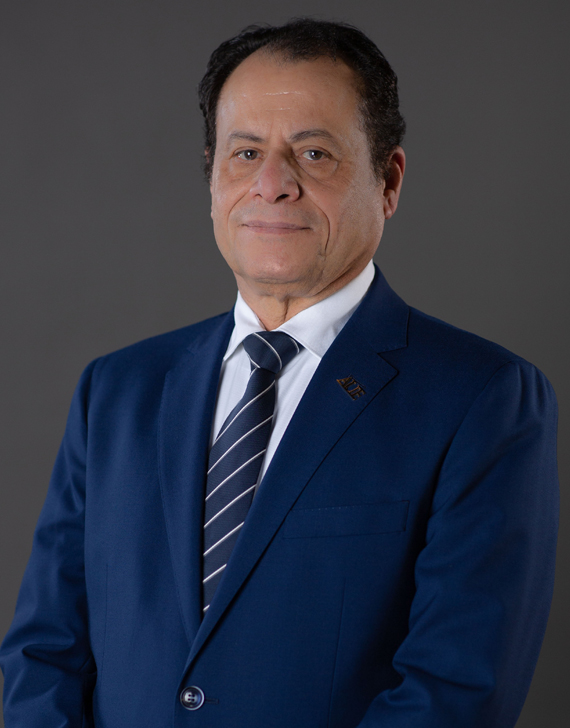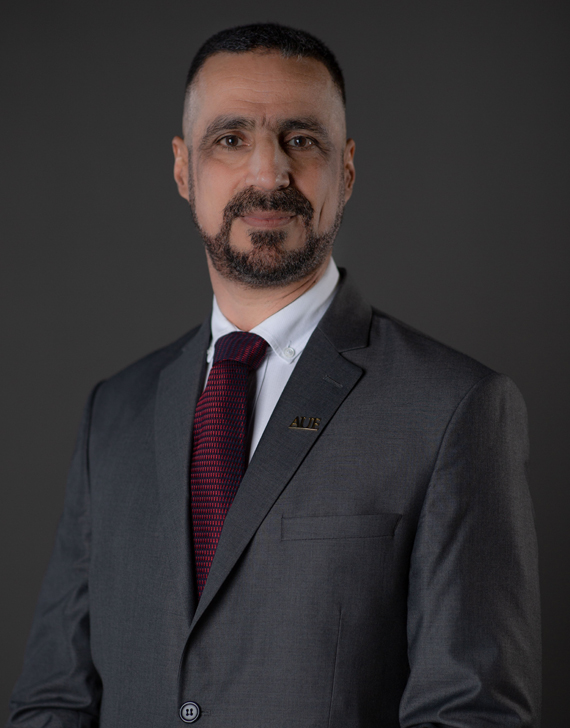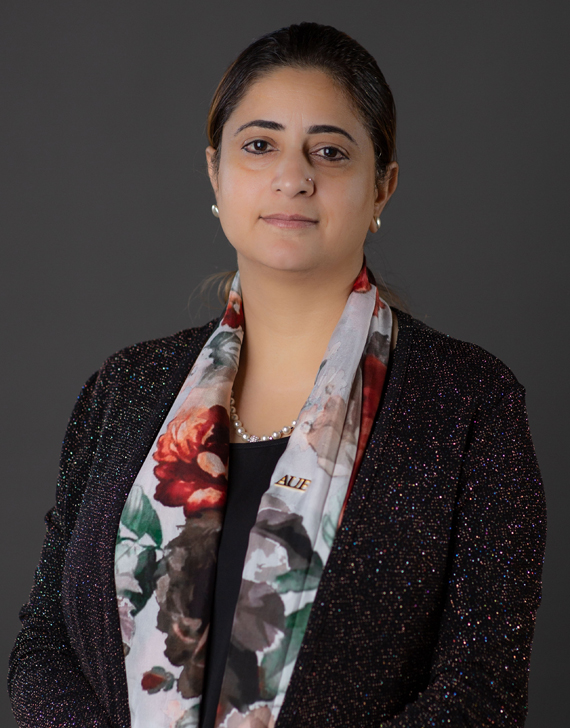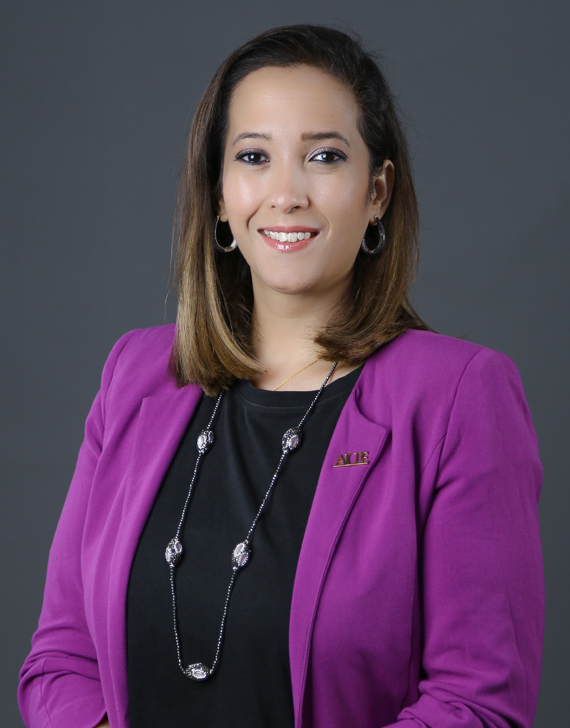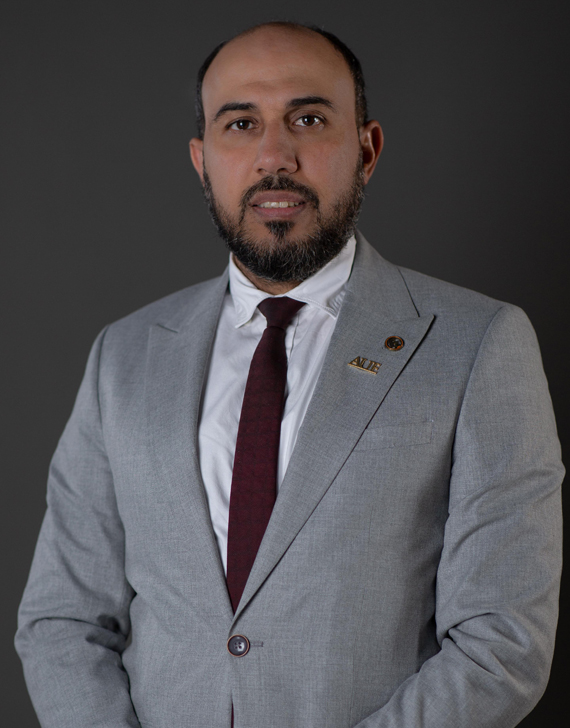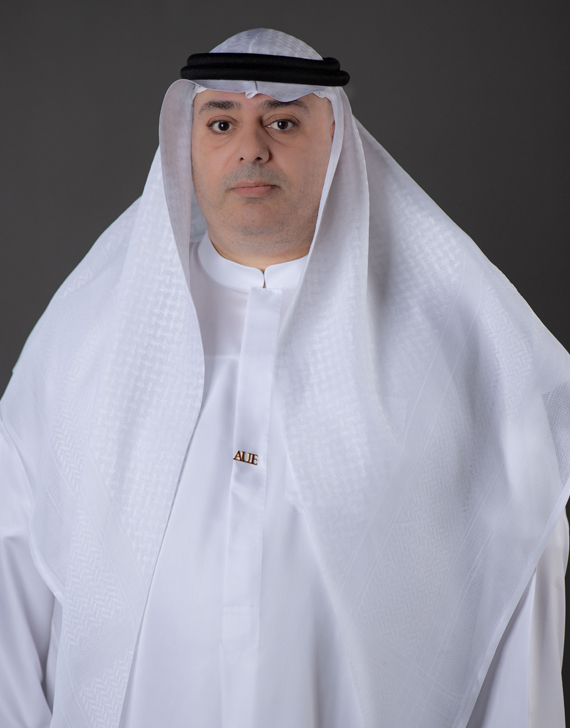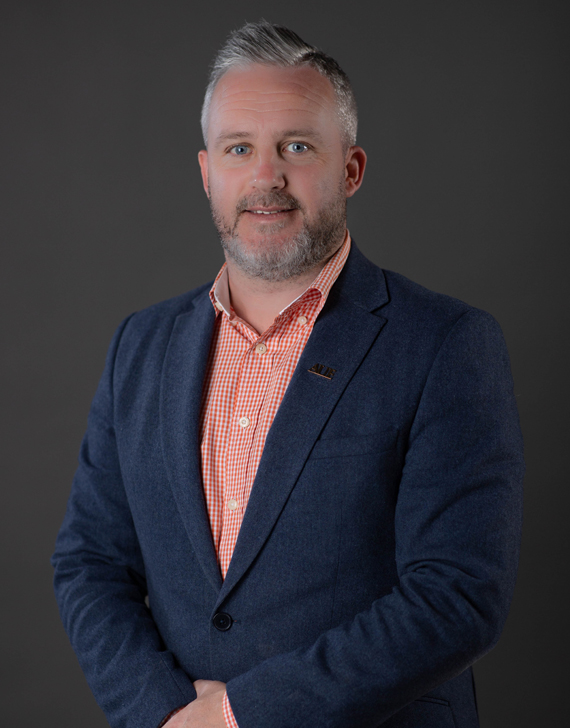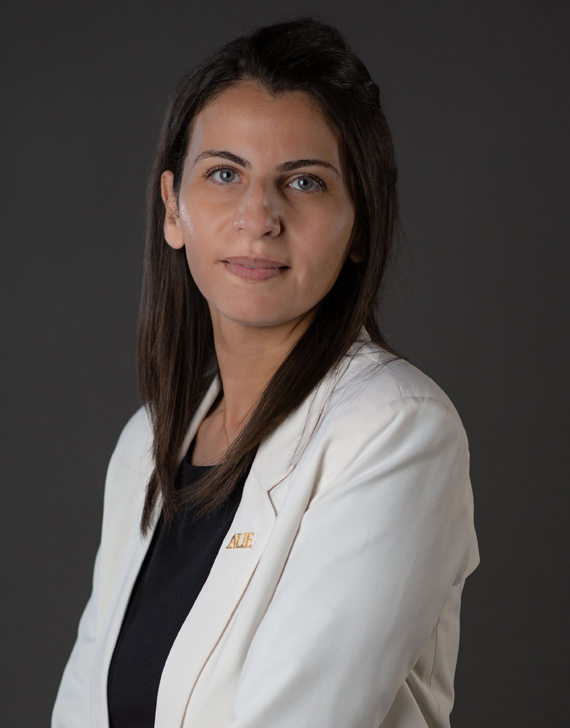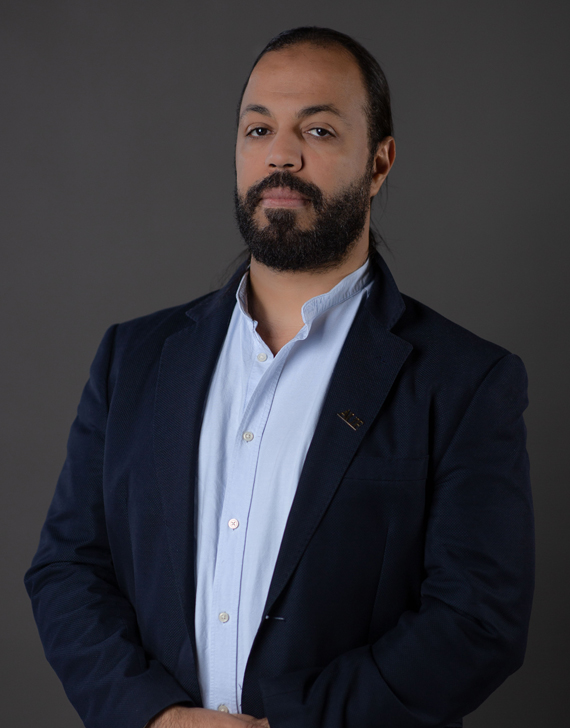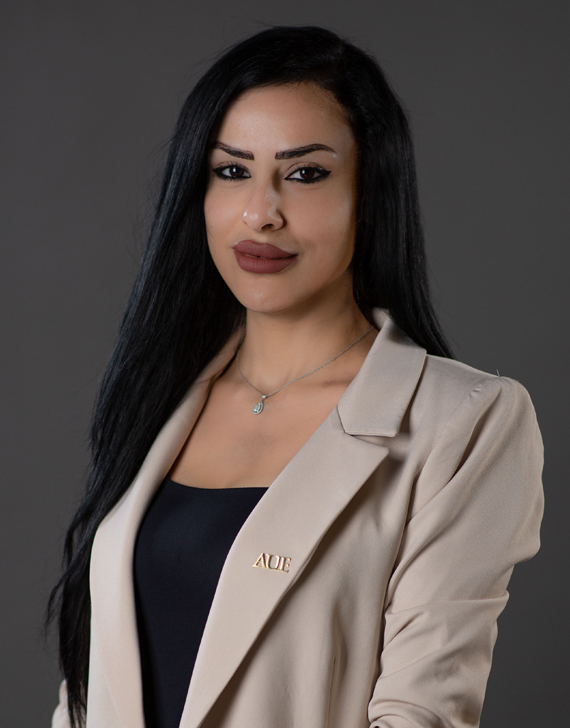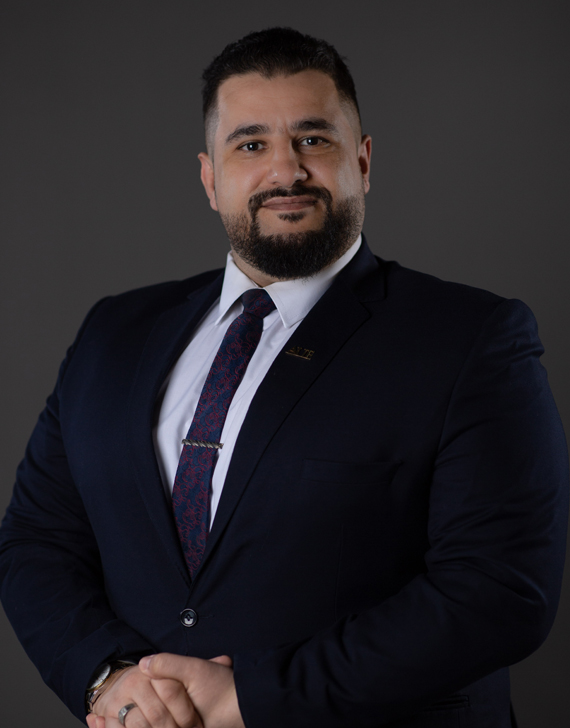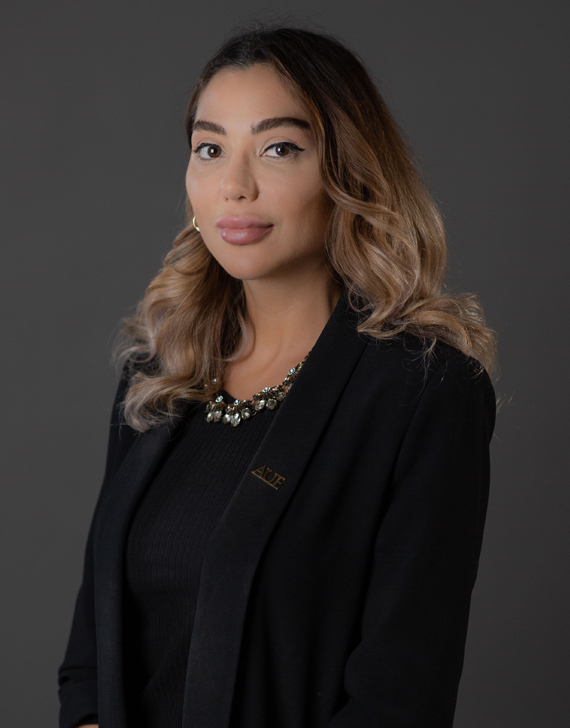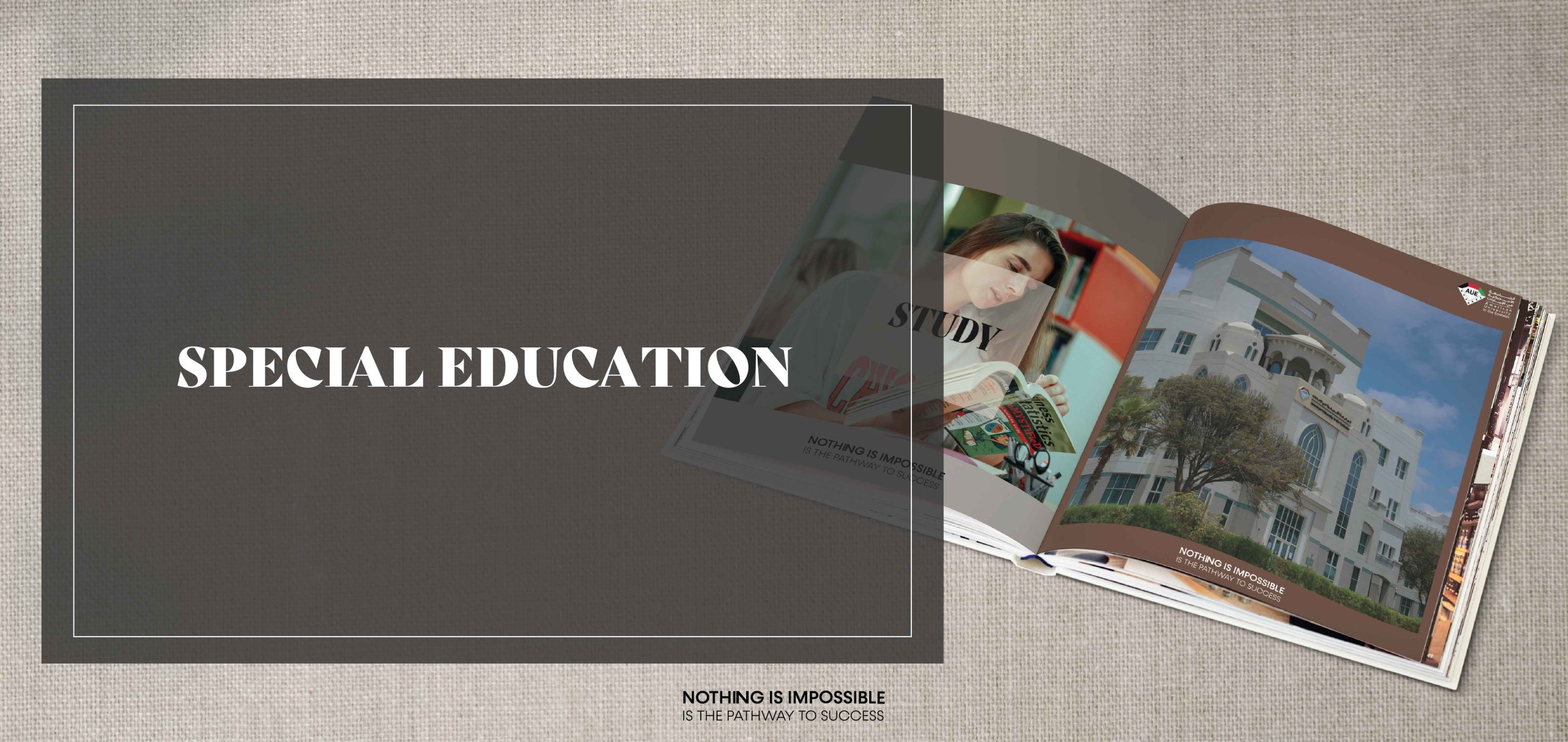
- Overview
- Program Structure
- Accreditations
- Faculty
- Admission
-
Duration
4 Years
-
Classes
Weekday Weekend
-
Fees
Tuition (One Semester) ……… Approx. 25,500 AED
One academic year is two semesters
Admission (One Time) ……… 3,150 AED
About Program
If you are passionate about making a difference in the lives of individuals with special needs, our Bachelor of Education – Special Education program is your path to becoming an exceptional educator. Gain a deep understanding of inclusive education, special needs assessment, behavior management and instructional strategies. Develop the skills to create inclusive learning environments that cater to diverse needs. Upon completion of this program, you willl be prepared for a fulfilling career as a special education teacher, inclusion coordinator, behavior therapist, or educational consultant. Join us and become an advocate for inclusive education, empowering individuals with special needs to reach their full potential.
Program Goals
Offer quality and career-oriented academic programs with specialized coursework and practical application to fulfil market demands in the education field
Prepare students to become professionals in their chosen fields with the skills needed to meet the demands in the field of education.
Show ethical, professional, and social qualities.
Be an effective member of the community and make positive contributions to the society
Develop critical thinking and reasoning skills to evaluate information, solve problems, and make sound decisions
Program Learning Outcomes
- Demonstrate thorough understanding of the models, theories, and philosophies in the field of special education.
- Design pedagogically appropriate measures for students with special needs.
- Apply effective teaching skills for diverse learners.
- Demonstrate and articulate the use of educational technology (ICT) in a class to contribute to a positive learning environment for inclusive education and enrich educational systems in the region.
- Manage a culturally responsive learning environment that support diversified learning styles and are based on ethical practices.
- Establish and promote appropriate learning experiences for students with disabilities and talents.
Preparatory Courses
#
1
2
Course Code
CIT 90
ENG 99
Courses
Computer Preparatory
Academic Writing (*)
Credit Hours
0
0
Exemption Condition
Passing the Placement Test
Passing the Placement Test
(*) Students must pass the English Proficiency.
Program Structure
Course Category
General Education Courses
Core Courses
Specialization Courses
Free Electives
Total
Total Number of Courses
14
12
16
2
44 Courses
Total Number of Credit Hours
42
36
42
6
126 Credit Hours
- General Education Courses
- Core Courses
- Specialization Courses
- Free Electives
A: University Core Requirements
The student selects 6 credit hours (2 courses) from the list below:
The purpose of this course is to facilitate the process of transition into new academic and cultural environment for the new students enrolled in the AUE. Furthermore, it aims to promote their confidence so that they could succeed and meet the academic requirements. The course assimilates academic content with interactive in class activities to ensure understanding of curricular options and begin to develop a future career plan through self-reflection.
Innovation is the engine of opportunity and, acting as a catalyst, this course is intended to ignite an interest in innovation and inspire entrepreneurial action. At the core of innovation and entrepreneurship is a commitment to experiential learning that will encourage students to engage in critical thinking, creative problem-solving while also equipping them with the soft skills needed in their pursuit of academic and professional endeavors. Students will discuss the relevance and role of innovation and entrepreneurship in work and life situations; determine opportunities for creative disruption and design a strategy for its implementation; develop a practical understanding of innovation through thoughtful debate and exercises; and demonstrate critical thinking and individual insight with a personal mastery portfolio.
B: Languages and Communication Studies
The student must select 9 credit hours (3 courses) from the list below.
Students must take all of the following courses:
This course provides students with advanced writing skills in English so that they can successfully pursue their studies in various academic specializations. It helps students to develop, improve, and upgrade their writing and structure skills, and it also acquaints students with technical writing, research papers, and essays since brief research methods are applied in student projects and assignments.
Students must take one of the following Arabic Language courses:
This course is designed to enable the Arabic-speaking student with the necessary language skills, especially focusing on the steps of writing reports, official letters and systematic research.
To achieve this, and to develop the student’s abilities to understand correctly what he reads and listens, and to gain the ability to write articles, reports, meeting minutes and recommendations of conferences and seminars in a sound manner, the course was concerned with training the student in basic writing skills; such as multiple spelling rules, punctuation marks, paragraph system, and essay writing progressively.
This course is based on the principle that “Education” is an accumulative task especially when it comes to language learning. This process undergoes specific stages to assist the non-Arabic speakers to reach the ultimate goal which is to acquire the required skills (listening, speaking, reading, writing) easily and accurately. To achieve this aim, text-based dialogues are provided as head start for the non-Arabic speakers to continue to the higher levels. The course also provides basic elements for reading, writing, dialogues, and listening to assist the learners to confidently interact with the Arab community.
C: The Natural sciences or Mathematics
The student must select 6 credit hours (2 courses) from the list below:
The ‘Principles of Environmental Science’ course is designed to introduce the fundamental concepts of Environmental Science to undergraduate students. It includes topics from different areas of study such as ecology, biology, soil science and atmospheric science. The course aims at raising environmental awareness among students and providing them with the scientific knowledge and skills to identify, prevent and solve environmental problems. Additionally, it deals with ecological concepts, organism interactions, communities and ecosystems. The course focuses on key areas of population dynamics, biodiversity, human activities and the environment managed ecosystems, air quality, water and solid waste management
This course gives a This course gives a thorough introduction to sustainable energy, conservation, and energy efficiency within the UAE and the world. It will explore the relationship between energy, environment, economy and ecological well-being. It will discuss energy production from the biology, natural science, environmental science and social sciences perspectives. A variety of topics will be introduced including global warming, climate change, sustainable food production, solid waste management, environmental and natural resources laws. The course includes the growing challenges of climate change and energy crisis and proposes solutions to overcome them.
This course is designed to develop a good understanding of the fundamental concepts of mathematics. It also stresses on crucial cognitive transferable skills such as the ability to think logically and concisely. Mastering this course will give students the confidence to go on and do further courses in mathematics and statistics.
D: The Social or Behavioral Sciences
The student must select 3 credit hours (1 course) from the list below:
This course provides an understanding of anthropology, the study of human beings throughout time and space. Anthropology is a broad discipline that studies human from a holistic perspective looking at both biological and cultural aspects. Anthropologists use different methods in order to understand and study humans. During this course, students will experience ethnographic fieldwork.
This course will introduce the students to the key concepts of Political Science and its principal tools. The course will discuss the role of main political actors in the field of politics and their function.
This course serves as an introduction into the interdisciplinary and multifaceted social sciences. The content on the course covers the range of different disciplines that social sciences consists of, namely: anthropology, sociology, psychology, political science, economics and to a lesser extent also history and geography. The secondary aim of the course is moreover for students to develop their critical thinking skills by engaging actively with material about social issues, social change and social institutions.
An introduction to the science of psychology, its theories and foundations. The course is focused on principles and research methodologies, including the following topics: history of psychology, the biology of mind, memory, learning, child and personality development, psychological disorders and therapy. The aim of the course is to introduce the basis of psychology, provide the foundational knowledge to pursue the subject in more depth in the future, and build an ongoing interest in the application of psychology in everyday life.
This course will provide the students with a comprehensive overview of geography. Emphasis is on concepts that are necessary to understand global, regional and local issues. This course also includes topics on both human and physical geography.
E: The Humanities or Arts
The student must select 3 credit hours (1 course) from the list below:
F: Islamic Studies
The student must select 3 credit hours (1 course) from the list below
G: UAE Studies
The student must select 3 credit hours (1 course) from the list below.
This course aims to expose students to the historical, philosophical and sociological foundations of education. It further seeks to address questions related to the current societal and governmental policies affecting education and teaching profession today and in the future with focus on the United Arab Emirates context.
Developmental Psychology is the study of why and how humans change over the course of our lifespan, from conception to death. This course is designed to explore topics such as biological, cognitive, emotional, and social development, by conceptualizing the individual as a whole, with special attention to various cultural contexts of development and the rich diversity of the human experience across the lifespan. Specific topics will include: behavioral genetics, temperament, parent-child relations, sibling relations, peer relations, the self, intelligence, emotional development, and problems of social development (antisocial behavior, depression). In addition, several theoretical controversies will be discussed, including that of nature versus nurture. Students will have the opportunity to integrate their personal experiences, knowledge of psychology, and their observations of human development with the content of this course. In addition, students will investigate common research methodologies employed by developmental psychologists and have an opportunity to apply principles of developmental psychology in special educational settings.
This course provides an introduction of learning, motivational, and developmental theories with a focus on their application to the field of education across a variety of learning environments. Course content includes the concepts of behavior, cognitive and constructivist learning theories to teaching and managing an effective learning environment. Units of study also include the principles of motivation, classroom management, assessment of student performance, and learning and cognition influences on the learning process (behavioral & cognitive learning, humanistic aspects of learning, and perspectives on motivation). Additionally, the powerful role of the educator and curriculum decision-making are examined. Theory, research-based strategies, and inclusive pedagogy in an educational environment are emphasized.
This course aims to identify the social, emotional and psychological needs of pupils with special needs in inclusive classroom contexts. Students would be able to develop knowledge, skills and strategies to help pupils with all sorts of needs to learn better and feel comfortable in the classrooms along with their colleagues. Students may need to participate in seminar activities focused on collaborative means to develop skills required to help pupils with needs to learn better in the university or any other professional contexts
The course teaches skills to general educators and other school and social service providers and community members who are essential in providing inclusive/integrated environments for differently abled children and youth. Environmental modifications including classroom, school, agency, and community/business settings are studied. Classroom modifications in curriculum, assessment, behavior management, and instructional methods are examined. Methods of establishing supportive networks among families, schools, agencies, and private business are presented. The full range of desirable programs in fully inclusive, multicultural settings across the age span is discussed including preschool, transition, vocational, and community based programs. This course is designed for all educators and related providers who work with students with learning disabilities, attention deficits (with or without hyperactivity), developmental delays, behavior problems or other distinctive disorders. Participants will also gain understanding of students with dyslexia, autism and multiple disabilities.
This is an introductory course on the history, philosophy, and major approaches commonly used to systematically evaluate educational and social programs. The course is designed to provide students with curricular experiences and demonstrated knowledge in basic statistics, testing & assessment, and research and program evaluation. This course covers the essential concepts related to research design and methodology that practitioners need to become critical evaluators of research and prepare for conducting research in their practices. Students gain a more complete understanding of the research process. Included in this understanding are models of program evaluation and the use of research findings for program modification, while gaining an introductory understanding of measurement issues in research and assessment. Focus is on understanding each component of the research process, qualitative and quantitative designs, program evaluation, measurement issues, and data analysis. The course topics include the basic uses and purposes behind program evaluation, taxonomy of evaluation models (or approaches), descriptions of several important evaluation approaches, and guidelines for planning, conducting, and using evaluations. This course will provide an overview of basic concepts and issues involved in: (1) testing & assessment, (2) applied statistics, and (3) research within the perspective and context of the role of education and human service professionals.
This course aims to provide a general overview of the issues, principles and strategies associated with effective teaching practices in diverse learning environment (multi-culturalism). It explores how race, ethnicity, culture influence students experiences in school and learn multi-cultural strategies in teaching. This course will focus on theoretical and practical issues of diversity in classroom settings, especially related to culture, race, gender, ethnicity, language and socio-economic level. The classrooms settings represented by the demography present in UAE schools will provide the focus for these examinations.
The purpose of this course is to teach students the importance of collaboration between schools and families of special needs students. Collaborating with families is an important part of the job responsibilities of school professionals working with students with disabilities. This course introduces an in light of Parent and family rights through discussing the Individuals with Disabilities Education Act (IDEA) and understands that all school personnel must adhere to it. This course focuses on strategies for developing family-appropriate and culturally appropriate family professional partnerships to benefit children with special needs.
This course provides the basic foundation of the psychological and theoretical bases of the helping process. Students will examine several contemporary and classical individual intervention approaches based on behavioral, cognitive, humanistic/experiential, and psychodynamic frameworks. Student will examine how each approach is used in clinical, school, and marriage, family, and child counseling applications.
This course is designed to provide you with a broad understanding of the major legal and ethical principles and issues that relate to teaching in Canadian schools, and to have you gain a familiarity with the important ethical and legal dimensions that are likely to affect an educator’s professional life.
The course aims at providing students with the foundations and principles of Universal Design for Learning (UDL). It includes one-hour practicum experience as a requirement that seek to enhance the service learning and outreach vision of the program. The school site practicum will provide opportunities for candidates to observe and evaluate instructional strategies based on class discussions and UDL standards. It focuses on teaching students of all abilities including those with special learning needs from preschool to postsecondary education, while implementing technology based and other UDL strategies. Students will apply UDL principles to the design of accessible instructional materials, then develop and implement UDL lesson plans.
The course aims to transfer of education assessment data into behavioral objectives, instructional planning for implementing such objectives, behavior management, techniques, methods, and materials for instruction, and formative and terminal evaluation techniques for individuals with learning and behavioral problems.
The course covers methods and materials used in assessing students who may be eligible for special education. Class sessions will involve experiential Lab work learning activities related to the assessment of students. This course includes technical prerequisites of understanding standardized assessment and the rationale for using curriculum-based measurement (CBM) within the broad context of special education programming. Students will develop competencies in utilizing norm-referenced, criterion-referenced, curriculum-based, and teacher made assessment for instructional and placement decisions.
This practical-based course provides an introduction to the field of assistive technology for students with disabilities and the integration of technology into teaching and learning within the field of special education. Various types of assistive technologies ranging from low to high tech will be discussed and demonstrated. Technology for high incidence as well as low incidence disabilities will be covered. Students will learn to apply a process for problem-solving and for the selection of appropriate tools to meet individual student needs. Students are expected to take an active role in learning about assistive technologies and hands-on learning will be included to facilitate that process.
This course provides the student with an introduction to the concepts and principles of Behavior Analysis. This course covers basic behavioral principles and then discusses behavioral procedures with an emphasis on the principles underlying each procedure. This field focusing on the application of basic learning principles to socially relevant human behavior. We will cover basic learning principles, common behavioral procedures, the research methods and techniques of behavior analysis, as well as the application of it across a wide range of populations, settings, and behaviors. The primary objective of the course is to introduce students to understanding principles of behavior analysis through assigned readings, and through lectures that will review and expand upon material covered in assigned readings.
This course is designed to explore best practices of effective classroom management and individual behavior intervention strategies. Emphasis will be given to creating proactive learning environments through positive behavioral interventions and support as well as exploring how school and classroom methods are used to establish effective learning environments for individuals with varying degrees of disabilities. This course is taken for a maximum of three credits.
The purpose of this course is to develop skills for recognizing and effectively teaching students with various exceptionalities. Broad areas to be covered in this course are areas of exceptionalities, major trends and issues in special education with emphases on collaboration and inclusion, service delivery models, roles of general and special class teachers, individual education programs, and family and community involvement.
This course is designed to train teachers in instructional planning, management, and delivery of instruction. It includes strategic program planning incorporating due process procedures as specified in UAE legislation, as well as teaching methodology in systematic disorders, and mild disabilities, in public and private schools. The course also addresses classroom management and organization practices, involving experiential Lab work learning activities related designing and implementing optimal learning environments for students with learning disabilities, autism spectrum and developmental disabilities
The purpose of this course is to explore the theoretical underpinnings of reading difficulties as well as ways in which you can assist students in becoming readers that are more capable. We will be looking at various assessment measures and discussing ways to interpret the results. We will also be looking at interventions for individual learners and flexible groups. The interventions should be helpful not only for completing assignments with an individual student, but also for the students you are instructing within your classroom as a whole.
This course addresses the models, history, current issues and strategies in providing collaborative supports, accommodations, and differentiated curriculum to include students with disabilities and other special needs in general education classes. The course addresses strategies to work with regular classroom teachers and other individuals involved in the educational program. This course is taken for a maximum of three credits.
This course aims to prevent problems occurring in childhood such as disabilities or developmental delays. Studying how early intervention programs are and what are the main services that these programs provide is important to raise the awareness of the possibility of decreasing childhood problems. This course provides candidate teachers with knowledge of how the early intervention process can be done and to what extent these programs are effectiveness. It also emphasizes the importance of dealing with parents and community to raise the awareness of the services that early intervention programs provide for families. In addition, this course focuses on the main steps in assessing children and providing the therapy services.
This is an introductory course in the education of gifted, talented, and creative students. The course provides an overview of the current and historical issues in the field. The intellectual, social, emotional, developmental, and educational characteristics of gifted students are introduced. Appropriate educational opportunities and programming are discussed. Issues in identification of the gifted, special gifted populations, and current research are reviewed.
This course is designed to provide theoretical basis and practical techniques for implementing defensible practices in classes for the gifted. Students will be expected to relate the characteristics and learning needs of the diverse population of gifted students to appropriate instructional methods and materials that are needed to implement effective educational programs for all gifted and talented students. Students will be expected to assess learners and develop and modify instructional content and methodology to meet the learning needs of gifted students and demonstrate this knowledge by creating and implementing an instructional unit of study in their content area.
Pre-Internship course is designed for students seeking an internship. The course will prepare students to successfully plan their internship by researching and identifying potential internship opportunities, creating professional resume and letter of introduction, developing interviewing and networking skills as well as a portfolio per industry requirements. Students will go through different learning modules including experiences, team work skills, communication skills, leadership skills, problem solving, self-management and professionalism to be able to make the most of their internship.
The practicum course is designed to provide opportunities for dialogue on the issues and practices related to the special education. It provides students a supervised experience that allows them to develop, sharpen and demonstrate their skills as future special education teachers. Students will be expected to apply and synthesize educational theory and pedagogy as they demonstrate skills and abilities in school setting and/or rehabilitation centers. The course objective is to facilitate the development of educators who are able to implement professional standards, advocate for children and youth with exceptionalities and their families and improve educational setting by designing a new environment fostering inclusive teaching..
This course focuses on enabling students throughout the course to adequately plan, create, and present a preproduction/proposal of the capstone – graduation project to produce a creative outcome that is established upon proper utilization of both theoretical and practical, knowledge, perspectives, research, and one-to-one supervision by an advisor covering the breadth and depth of the program. Students will reveal the completion of the pre-capstone course, throughout planning, and, applying the proposed project during the capstone graduation project as part of their graduation requirements, receiving proper assistance and instructions. Students’ tasks will include learning and applying the importance of individualized program development for students with special educational needs, and legal issues surrounding appropriate programming; the design, synthesis, and application of suitable instructional methods to accommodate students with special educational needs, showing creativity, leadership and innovative skills build upon knowledge, commitment, technical proficiency and meeting the individual needs of students.
This course provides the students with the opportunity to integrate knowledge, concepts, and skills acquired throughout the entire sequence of study in the program. The students will demonstrate their capacity to tackle practical challenging situations, to assess students with special needs and to design and apply adequate teaching strategies to accommodate them. The graduation project should reflect the effort of the student in creatively analyzing, synthesizing, evaluating and applying the learned knowledge and his commitment to show teaching leadership and fostering school change.
To be graduated, students are requested not only to passing courses and earning required credits, but also, they need to show that they have developed proficiency in core-content knowledge and can demonstrate proficiency in applied learning skills in their program. It will be a challenging and rigorous journey but the reward for undertaking a meaningful experience is immense and will undoubtedly give AUE graduates a powerful start in career they may choose. In addition, English language and technology proficiency must also be demonstrated.
This course is intended to offer an introduction to the profession of clinical mental health counseling with a broad focus on psychological dysfunction that is associated with distress or impaired functioning in a manner that is not typical, or expected, based on cultural and societal norms. Content will be organized in accordance with the Diagnostic and Statistical Manual of Mental Disorders (DSM-5). This course will use an integrative approach toward the study of mental health including the interaction of biological, developmental, and social factors. Students will learn about the types and causes of mental disorders, their assessment, treatment plans, referrals for services, prognosis, related research in counseling, psychotherapy, and prevention. The legal, ethical, and sociocultural issues related to mental illness, psychopathology, behavior of mental health professionals, and society will be deliberated. Students will be exposed to the historical, philosophical, societal, economic, and political dimensions of mental health counseling. The course will provides an overview of the issues, needs, populations, skills, and models in mental health settings with an emphasis on prevention and wellness.
This course will provide counselors the awareness, understanding, practical and theoretical methods and skills to build basic competency in counseling children and adolescents with specific developmental, social, or behavioral issues in a variety of settings (i.e., school, community, family, etc.). Because the primary objective and rationale of this course emerges from a developmental perspective, content will focus on helping children and adolescents grow up feeling relatively normal and healthy, cope with what are diagnostically referred to as adjustment disorders, and to help them adjust to emerging adulthood. The course will also include topics on social and cultural issues challenging children and adolescents, common psychological disorders that affect them, and provision of counseling services for children and adolescents with exceptional issues such as giftedness, abuse, neglect, special needs.
Students will develop knowledge about the major career development theories that are used in the school counseling profession. Students will learn to apply theories, assessment and occupational information in the school setting so as to advise appropriately on issues related to occupational and career aspirations. Strategies presented will be related to career exploration, career-related assessment, application of career development materials, technical and college career tracks of curriculum development. Exploration of gender and cultural/ethnicity issues that may impact the career development of individuals in our society are emphasized.
This course is designed to introduce students to a variety of theoretical concepts, techniques, and their applications in therapeutic settings. This course is designed as an introduction to interviewing and as a foundation for basic counseling skills in substance abuse and related issues. Student participation in role-plays and experiential exercises is an essential component of classroom activities. Course topics emphasize culturally responsive techniques and professional dispositions that demonstrate an appreciation for the multicultural issues related to effective counseling, respect for the client and for individual differences in the counseling process, appreciation for incremental change, and awareness of their personal strengths and limitations as a counselor. The student will explore oneself as a helper and learn facilitating skills to bring about change for clients. Emphasis is on self-understanding, verbal and non-verbal communication, and skills essential to effective counseling.
This course is designed to provide students with foundational knowledge of the theory and practice of group counseling. The class will focus on how groups function, group dynamics, the process and stages of groups, types of groups, ethical considerations, and techniques used in facilitating groups. This course is an applied course with a focus on integration of theory and clinical group work, and discussion of clinical, professional, and ethical issues. This course is designed for students to gain group counseling skills and self-awareness about how one’s own qualities, needs, motivations, and values can either facilitate or interfere with one’s effectiveness as a group counselor.
Recommended Study Plan
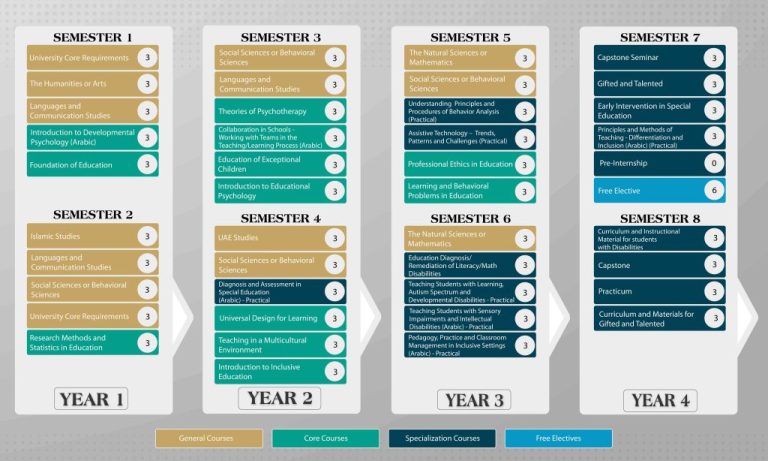
Accreditations
The American University in the Emirates is licensed by the UAE Ministry of Education – Commission for Academic Accreditation | caa.ae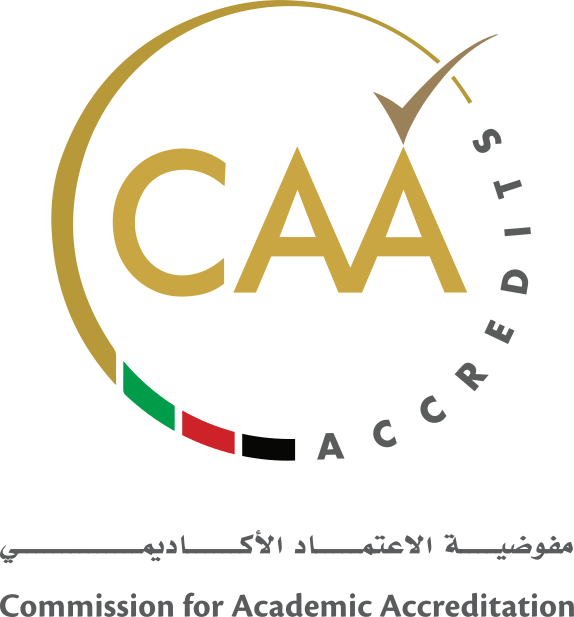
- For Admission Requirements for Freshman students (those who have just completed high school and have never attended an Institute of Higher Education before) click here
- For Admission Requirements for Transfer students (those who have studied at another higher education institution and would like to transfer their credits to AUE) click here
- For Admission Requirements for Visiting students (those who are currently enrolled in a different higher education institution and would like to take some courses at AUE as part of the study plan of their home university/college) click here
Joining the Program
- Fall Semester
-
September
-
Spring Semester
- January
- Summer Semester
- May
